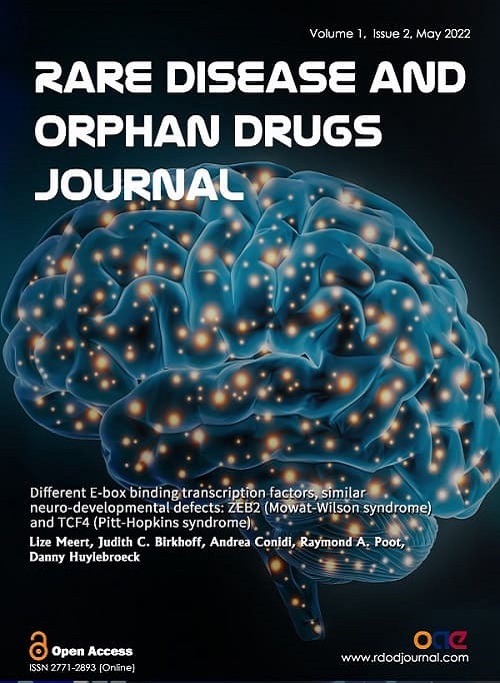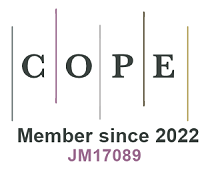Volume 1, Issue 2 (2022) – 5 articles
Cover Picture: ZEB2 and TCF4 are transcription factors (TFs) whose locations in embryos overlap in many sites and developmental phases, including in the forebrain and its cortical neurons. De novo mutations cause the phenotypically overlapping, haploinsufficient Mowat-Wilson (MOWS, in the ZEB2 gene) and Pitt-Hopkins (PTHS, in TCF4) syndromes, which currently cannot be cured. Mutant alleles have been mapped and defects documented (also in brain function) in MOWS and PTHS patients. Appropriately designed mouse models and cells derived from these, as well as cellular models including cultured pluripotent cells, enable investigating the genetic and molecular mechanisms underlying the developmental deficiencies that manifest after birth in the nervous systems and their multiple cell types, as well as those of organs other than the brain, in MOWS and PTHS. Biochemical analyses of cell type-specific transcriptomic changes in these perturbation models as compared to control cells, the identification of the intact-factor dependent and direct target genes, and of partner proteins including chromatin modulators, are revealing complex and multiple modes of action that eventually will explain target gene selectivity for these TFs. Both TFs have also been found to operate in acute and chronic diseases and cell-based repair processes after tissue or organ injury. In addition, the defective function also arises from their aberrant gene expression, which will require a deeper investigation of how the transcription of these TF genes is regulated. Furthermore, these two factors genetically and biochemically interact. This review combines the essentials and recent progress for both TFs for the first time, with a focus on MOWS and PTHS.
view this paper
Download This Issue Viewed:






